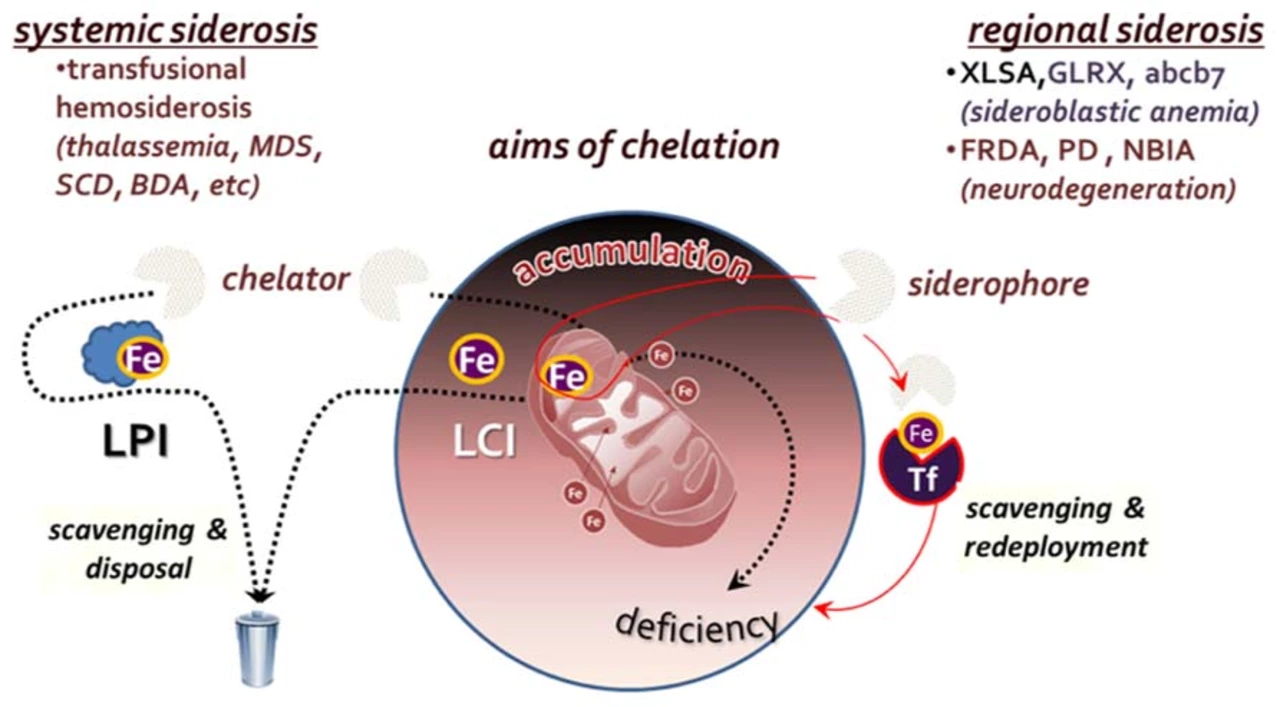Anemia often goes unnoticed, but it's crucial to understand how this condition can weaken our immune system. Nutritional deficiencies, particularly low iron levels, are the leading cause of anemia, and they directly affect our body's ability to fight off infections. When we don't get enough essential nutrients, our immune system struggles to produce enough white blood cells, leaving us vulnerable to illnesses. To keep our body's defenses strong, it's essential to maintain a balanced diet rich in iron, vitamins, and minerals. By prioritizing our nutrition, we can prevent anemia and support a healthy immune system, ensuring we remain resilient in the face of potential health threats.
Weakened Defenses — simple ways to spot and support your immune system
When your defenses are low, small infections feel worse and recovery takes longer. If you keep getting colds, feel unusually tired, or wounds take forever to heal, your immune system might need a reset. This page gives practical, no-nonsense steps you can take now and flags when you need medical help.
Common causes and warning signs
Several things can weaken your immune response: chronic stress, poor sleep, undernutrition, heavy alcohol use, certain medicines (like long-term steroids), and some chronic diseases. Watch for repeating infections, very slow healing, frequent mouth or skin sores, unexplained weight loss, or prolonged fevers. If any of those show up, get checked — especially if infections are severe or unusual.
Medications matter. Topical and systemic steroids (Triamcinolone is one example) can lower immunity if used long-term. Some antibiotics and treatments for chronic conditions also change how your body responds to bugs. If you’re taking prescription drugs, talk to your clinician about immune risks — don’t stop medicine on your own.
Practical steps to strengthen defenses today
Sleep more. Aim for 7–9 hours. Good sleep improves immune memory and recovery after infections. Move daily — moderation is key: brisk walks and light strength work boost immune function; extreme training can suppress it.
Eat real food. Prioritize protein, colorful veggies, and foods rich in zinc (pumpkin seeds, meat), vitamin C (bell peppers, citrus), and vitamin D (fatty fish, fortified foods). If you live somewhere with low sun, talk to your doctor about checking vitamin D — many people benefit from simple supplementation.
Cut back on alcohol and dehydration. Drinking heavily and being dehydrated makes you more likely to catch infections and slows recovery. The article on mixing alcohol with prescription diuretics explains extra risks if you’re on meds that affect hydration.
Mind your microbes. Good gut health helps your immune system. Avoid unnecessary antibiotics, eat fermented foods if they agree with you, and consider a probiotic if a clinician recommends one after antibiotics.
Safe supplements that some people use: vitamin D, zinc for short courses when sick, and vitamin C. Herbal or traditional remedies like African wild potato and blackberry supplements appear on our site as immune-support options — read the specific articles and check with your clinician before starting anything new, especially if you take other medicines.
When to see a doctor: repeated severe infections, infections that need IV antibiotics, weight loss, night sweats, or if you’re on immune-suppressing drugs. Your doctor can order simple blood tests to check basic immune markers and guide next steps.
Want more? Browse our related reads for practical guides on immune-friendly supplements, medication safety, and how certain prescriptions can change your infection risk. Small daily habits add up — start with sleep, food, movement, and a quick chat with your clinician about any medicines you take.

